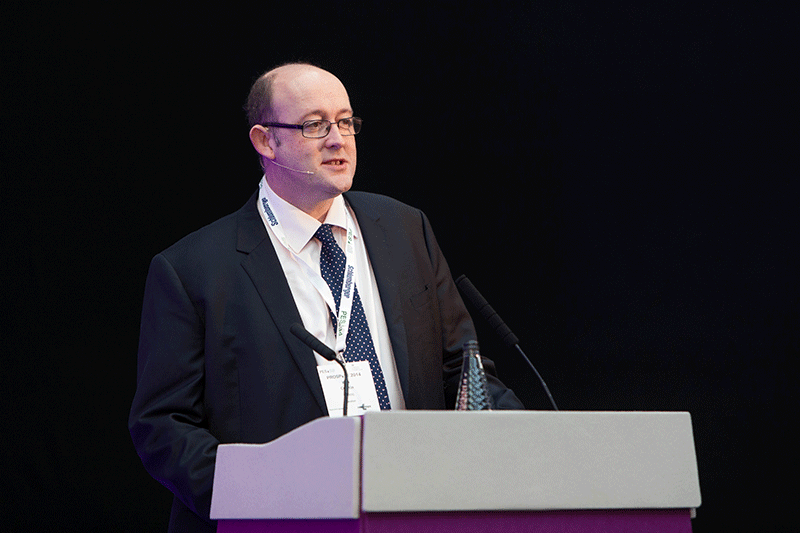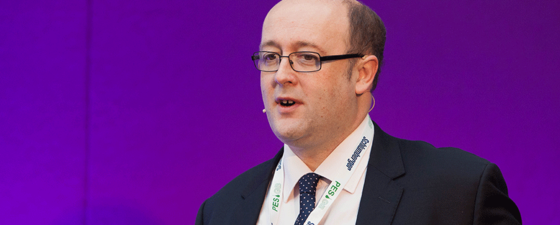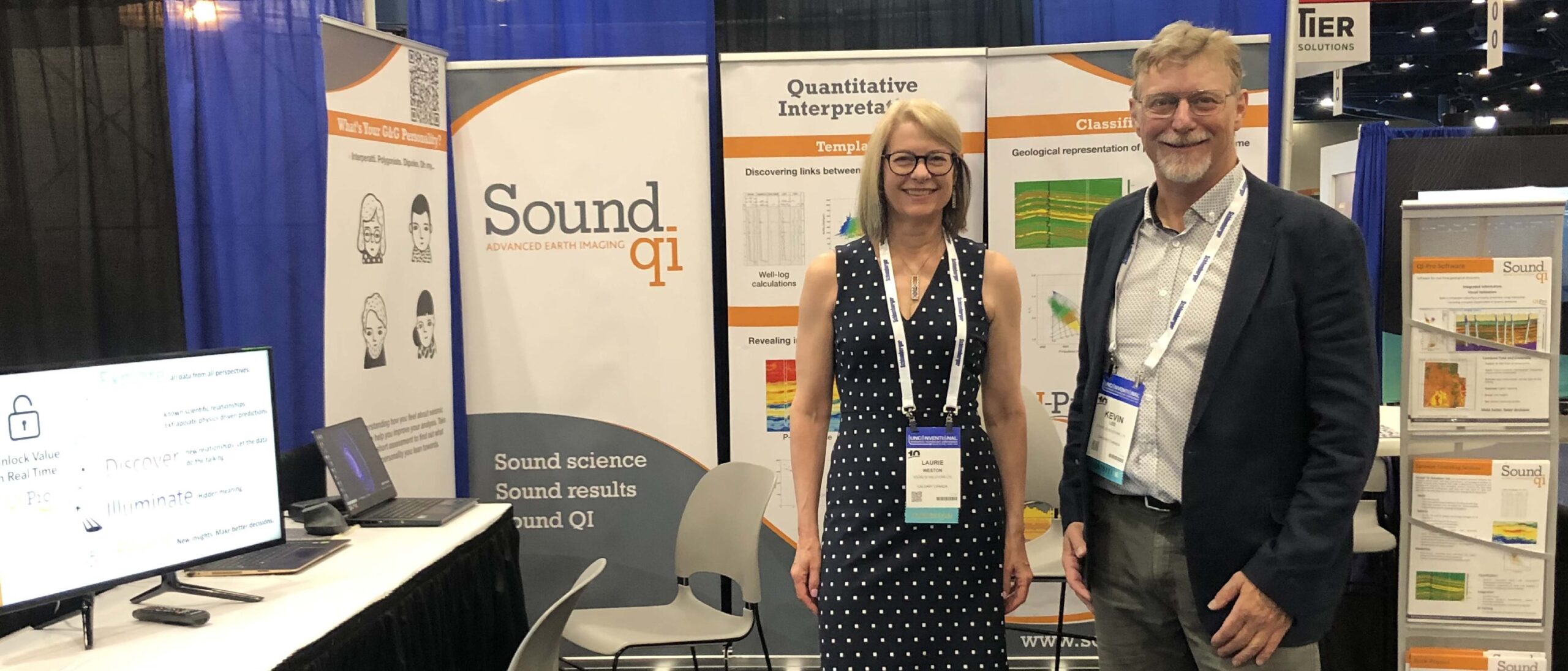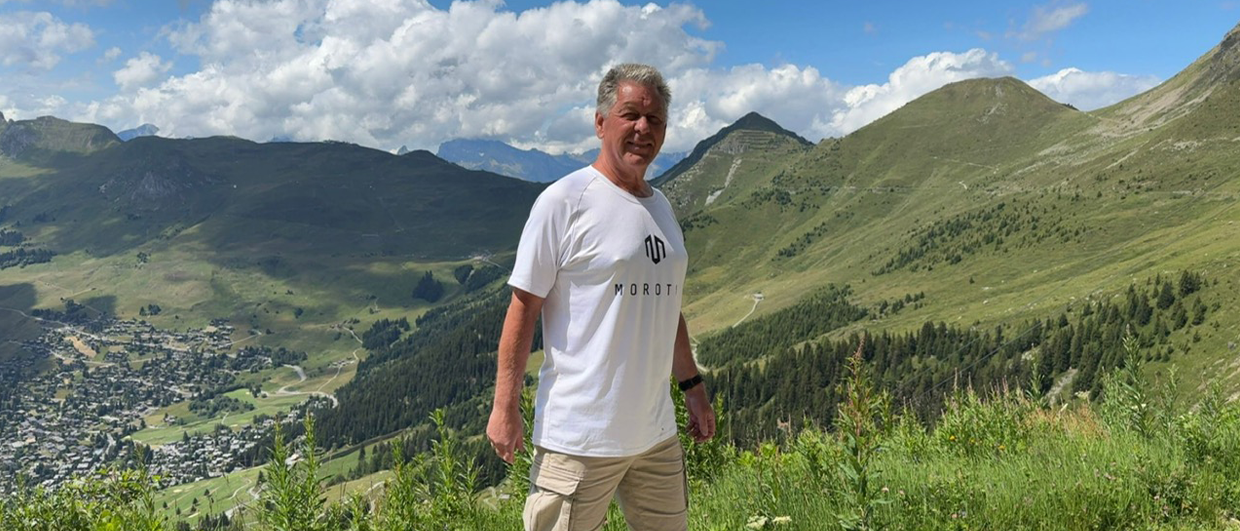Do you think shale gas will be important for the UK economy?
 Photo Credit: Karim MerieWe have to look at why gas is so important to the UK. Today, 84% of our homes depend on gas for heating, and over 500,000 jobs rely upon gas as a feedstock to produce things like cosmetics, toiletries and clothing. Within 15 years over 75% of that gas will come from outside the UK, from supplies that will not pay corporation tax or create jobs in the same way as the North Sea does now. The current low price environment will not remain for ever but by then it will be too late and we will have handed our energy security over to others.
Photo Credit: Karim MerieWe have to look at why gas is so important to the UK. Today, 84% of our homes depend on gas for heating, and over 500,000 jobs rely upon gas as a feedstock to produce things like cosmetics, toiletries and clothing. Within 15 years over 75% of that gas will come from outside the UK, from supplies that will not pay corporation tax or create jobs in the same way as the North Sea does now. The current low price environment will not remain for ever but by then it will be too late and we will have handed our energy security over to others.
Why is there such vehement opposition to fracking in the UK?
We shouldn’t translate the very vocal views of a small minority as vehement opposition. Most studies show that the industry has a positive rating of over 50%, with many of the rest undecided. That does not mean we should be complacent; we need to work hard so that local communities are given the facts and have an opportunity to ask questions and understand what the issues are and how our industry addresses them.
Are UK onshore regulations strong enough to satisfy the objections?
I believe that UK regulations are some of the most stringent in the world, particularly when it comes to chemical usage and well integrity. Many of the protestors point to a “toxic cocktail of chemicals” used in the US, when in reality the environmental regulators in the UK would simply not sanction anything other than non-hazardous chemicals. Many of the small number of issues reported in the US with respect to methane contamination of water are down to poor well design and build; in the UK our well designs are regulated by the Health and Safety Executive and signed off by an independent well examiner.
Do most protesters have a good understanding of the facts?
I think the major debate is around climate change. Our view is that we need to remove the dirtiest form of carbon, coal, from the mix as quickly as possible. While we continue to debate shale gas, European consumption of coal rose by 8% between 2009 and 2013, with net imports up by 30% over the same period. If Europe wants to reach its ambitious climate change objectives and provide energy security, indigenous shale gas offers a real alternative.
What is your ‘Let’s Talk About Shale’ initiative?
We asked members of the public in two pilot areas in the North West and East Midlands to submit their questions to a dedicated website or to the ‘Let’s talk about shale’ team and then used academics, experts and public bodies to answer the questions. We did this because we were aware that there is a lot of information on the subject of shale gas, much of it contradictory, confusing and pushed onto people by others. We wanted to take a step back and ask the public for their questions rather than just publish more information.
We decided that the best way of doing this would be to reach out to people in their own communities and create a conversation. The most successful thing we did was to take a branded vehicle hooked up to the internet to town centres, shopping malls and market places. Members of the public could come up to the vehicle and submit their questions. We also used other methods of engagement like leaflet drops with Freepost postcards and, of course, the website: www.talkaboutshale.com
Has it made a difference?
In total, these methods resulted in over 1,550 responses. We knew this was a subject people wanted to know more about but were genuinely surprised by the sheer volume of questions we received, not least as we were committed to writing personally to everyone who responded! It was really important for us to do this and I hope it shows that the industry genuinely wants to listen and respond to peoples’ concerns. In terms of volume, the most frequently asked question was: ‘What is fracking?’ Other topics included energy security, environmental impacts and the economic benefits that shale gas extraction could bring.
Most importantly, it tells us that we should do more of this. Even those who are not in favour of shale gas extraction should be given access to the facts, rather than propaganda put on the internet by anti-groups. We want people to be able to make up their minds from a position of knowledge.
Ken Cronin, CEO of UKOOG
PESGB/Kevin Merie





